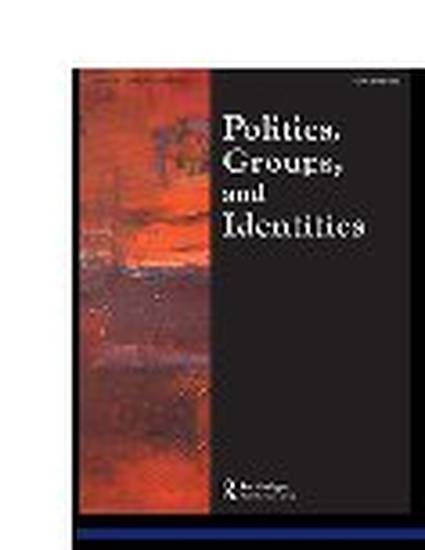
Article
Sex segregation as policy problem: A gendered policy paradox
Politics, Groups, and Identities
(2021)
Abstract
2017 marked the forty-fifth anniversary of Title IX of the Education Amendments of 1972, a sex non-discrimination policy which remade American education and athletics. Has Title IX fulfilled its promise to end discriminatory and disparate treatment of women in educational institutions? This article places policy in conversation with scholarly debate over tackling persistent sex and gender inequalities, illustrating that the athletic policy sphere sits at the center of both addressing and reproducing sexism. It examines the under-appreciated complexity of sex equity politics and suggests the need to question how well public policy addresses inequalities. It argues that we are losing ground in the struggle to end gendered oppression – despite all that it may appear we have gained – because of Title IX’s divergent implementation strategy which integrates women and men in classrooms and segregates them in sports. Rather than vitiating sex discrimination, implementation generated a series of policy ironies, reproducing, rather than challenging the notion that women and men are inherently “different.” In order to continue addressing the ways in which gendered oppression asserts itself--in sex discrimination, in discrimination against trans* people, in gendered harassment and #metoo--we must bring a critical perspective to bear on current equity policy practices.
Keywords
- Title IX,
- Public Policy,
- Athletics,
- Sex Discrimination,
- Sex Segregation,
- Transgender Politics
Disciplines
Publication Date
2021
DOI
https://doi.org/10.1080/21565503.2019.15688
Citation Information
Elizabeth Sharrow. "Sex segregation as policy problem: A gendered policy paradox" Politics, Groups, and Identities Vol. 9 Iss. 2 (2021) p. 258 - 279 Available at: http://works.bepress.com/elizabeth_sharrow/25/
